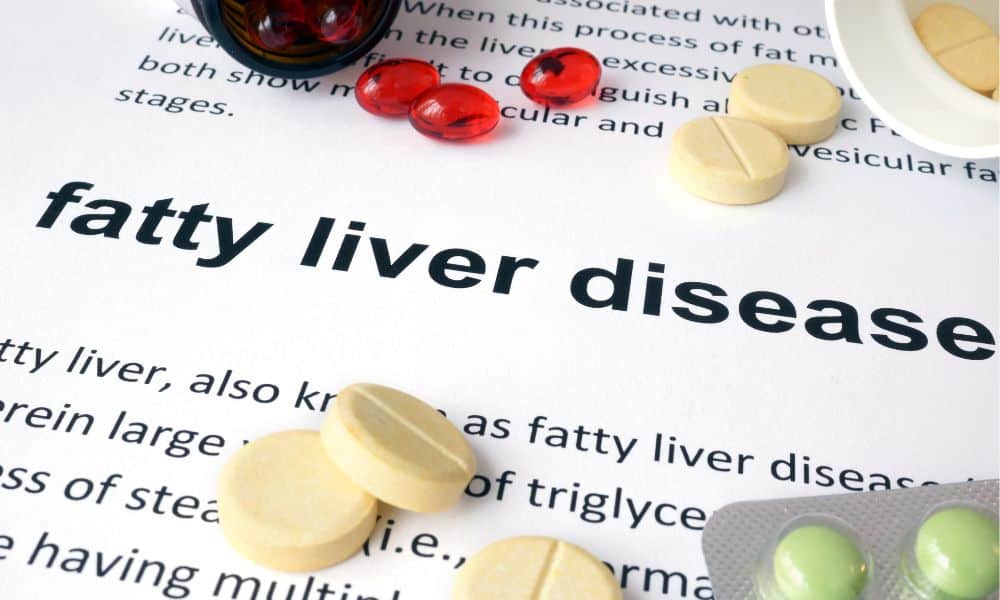When it comes to improving health and fitness, most people focus on diet and exercise. However, there are several skills that can enhance overall well-being without stepping into a gym or following a strict meal plan. Mastering these skills can lead to better habits, improved mental health, and long-term success in achieving your health and fitness goals.
Why Are Non-Exercise and Non-Diet Skills Important?
Health and fitness are about more than just working out and eating well. Your daily habits, mindset, and lifestyle choices play a significant role in your overall well-being. By developing essential life skills, you can make healthier choices effortlessly, reduce stress, and stay on track with your fitness goals.
What Are the Best Skills to Improve Health and Fitness?
1. Cooking Healthy Meals at Home
Cooking is one of the most valuable skills for maintaining a healthy lifestyle. When you prepare meals at home, you control the ingredients, portions, and cooking methods. This reduces reliance on processed foods, which often contain excess sugar, unhealthy fats, and artificial additives.
- Learn basic cooking techniques like grilling, steaming, and baking.
- Experiment with herbs and spices to add flavor without excess salt or sugar.
- Plan meals in advance to save time and avoid unhealthy takeout options.
2. Smart Grocery Shopping
Healthy eating starts at the grocery store. Learning how to shop effectively ensures you have nutritious foods available and helps prevent impulse purchases.
- Make a shopping list and stick to it.
- Shop the perimeter of the store, where fresh produce, lean proteins, and dairy are found.
- Read nutrition labels to identify hidden sugars, unhealthy fats, and preservatives.
3. Mindful Eating and Portion Control
Mindful eating helps you enjoy food while preventing overeating. It encourages you to listen to hunger and fullness cues, which can reduce emotional eating and improve digestion.
- Eat slowly and chew thoroughly to aid digestion.
- Use smaller plates to help with portion control.
- Avoid distractions like TV or phones while eating to focus on your meal.
4. Journaling for Mental and Physical Health
Writing down your thoughts, emotions, and progress can help you stay accountable and reduce stress. Journaling can track habits, identify patterns, and provide motivation.
- Keep a gratitude journal to focus on positive aspects of life.
- Track sleep, energy levels, and moods to recognize trends.
- Use a fitness journal to log steps, activity levels, and how you feel after workouts.
5. Improving Sleep Hygiene
Quality sleep is essential for muscle recovery, cognitive function, and overall well-being. Poor sleep can lead to weight gain, stress, and reduced motivation for healthy habits.
- Set a consistent bedtime and wake-up time.
- Reduce screen time before bed to improve melatonin production.
- Create a relaxing nighttime routine with reading or meditation.
6. Time Management and Stress Reduction
Balancing work, family, and personal goals can be challenging. Learning to manage time effectively reduces stress and allows more room for self-care.
- Prioritize tasks using a to-do list or planner.
- Set boundaries to prevent overcommitment.
- Practice relaxation techniques like deep breathing or yoga.
7. Developing a Growth Mindset
A positive mindset can impact health and fitness more than any workout or diet plan. People who believe they can improve their habits are more likely to succeed.
- Focus on progress, not perfection.
- View setbacks as learning experiences rather than failures.
- Surround yourself with supportive and like-minded people.
8. Hydration Awareness
Staying hydrated is crucial for digestion, metabolism, and energy levels. Many people mistake thirst for hunger, leading to unnecessary snacking.
- Carry a reusable water bottle and sip throughout the day.
- Set reminders to drink water, especially before meals.
- Flavor water naturally with lemon, cucumber, or mint to make it more enjoyable.
9. Basic First Aid and Injury Prevention
Knowing how to care for minor injuries and prevent common health issues is essential. A small injury can turn into a bigger problem if not handled properly.
- Learn how to treat sprains, cuts, and burns.
- Understand proper posture and body mechanics to prevent strain.
- Keep a well-stocked first aid kit at home and in your car.
10. Financial Literacy for Health Investments
Being financially aware can help you invest in better health choices, such as quality food, gym memberships, or wellness services.
- Budget for healthy groceries rather than fast food.
- Invest in good shoes, ergonomic office equipment, or a standing desk.
- Plan for healthcare expenses, including preventative check-ups.
Key Takeaways
- Health and fitness go beyond diet and exercise. Skills like cooking, journaling, and time management play a crucial role.
- Learning how to shop wisely, prepare meals, and eat mindfully can lead to better long-term habits.
- Stress management, hydration, and sleep quality directly impact overall well-being.
- Financial and first aid skills contribute to a sustainable and injury-free lifestyle.
By developing these essential life skills, you can improve your health, fitness, and overall quality of life without focusing solely on diet and exercise.
Read Next…
- Keeping Up With Your Workout Routine As the Heat Returns
- Best Skills to Improve Health and Fitness Without Diet or Exercise
- Analyzing Sugar: Health and Fitness Benefits, Disadvantages, and Best Consumption Practices
- How Drinking Coffee Every Day Affects Your Health and Fitness
- What Your Weight Says About Your Longevity and Health




